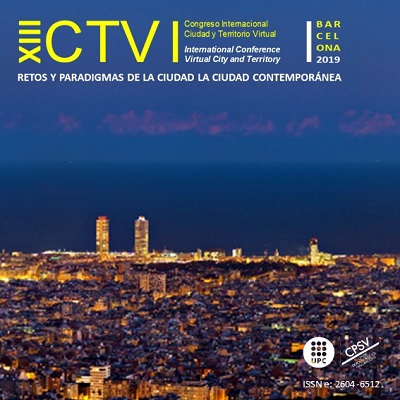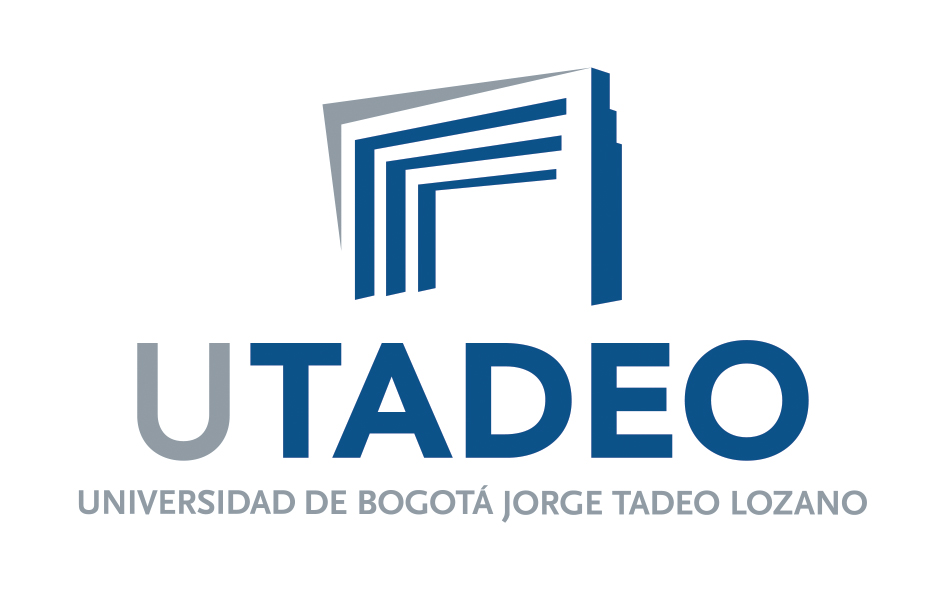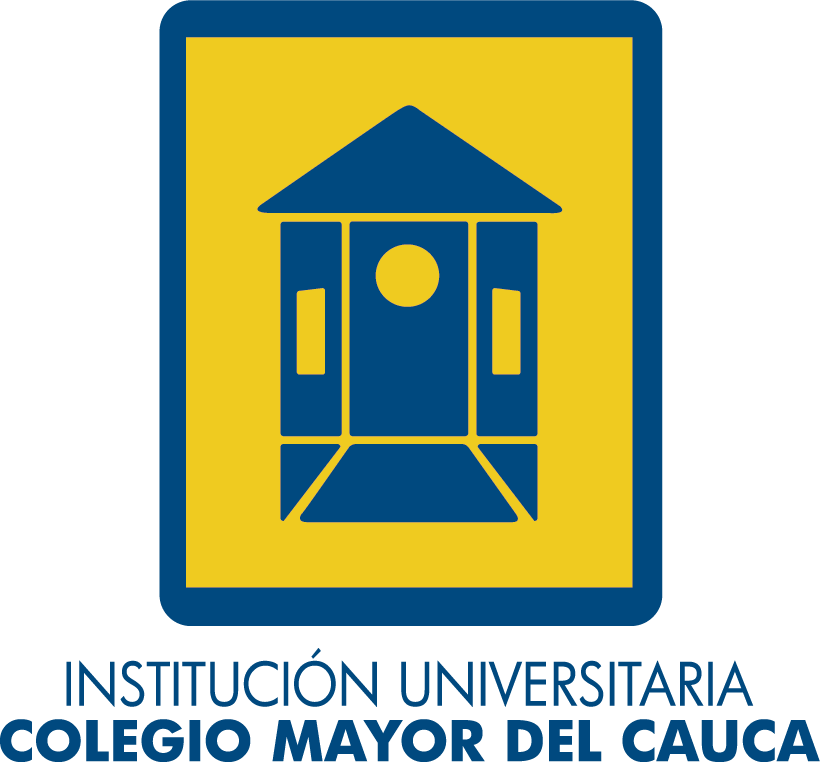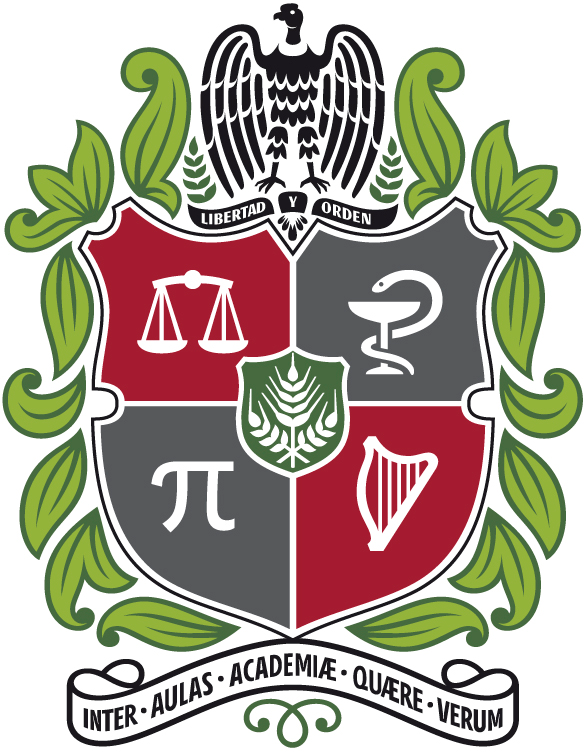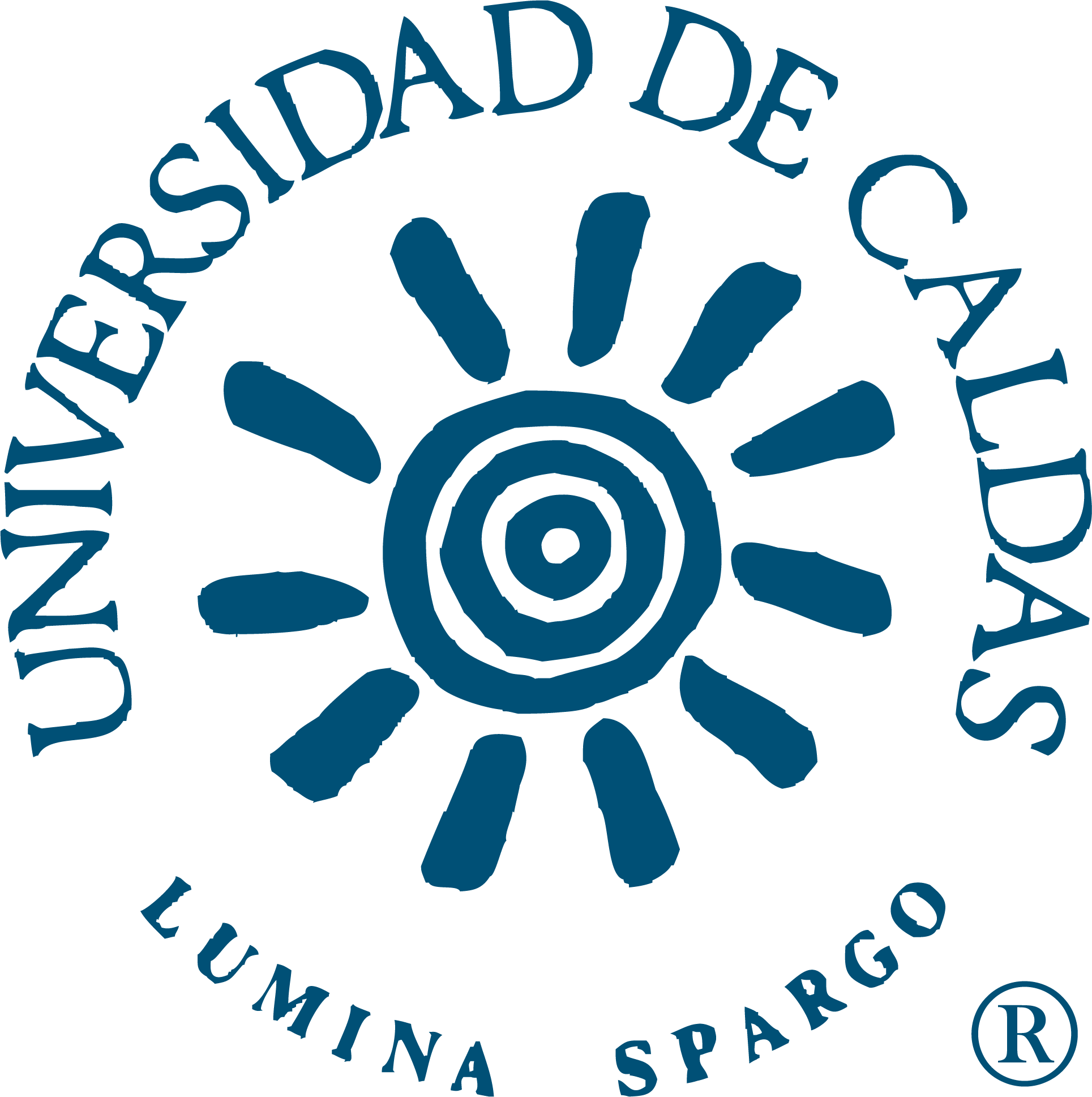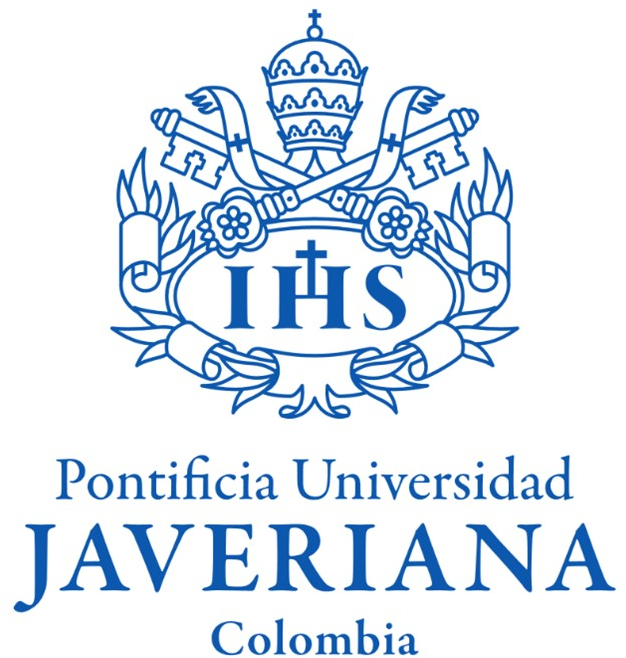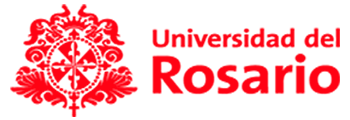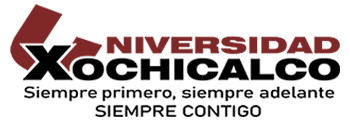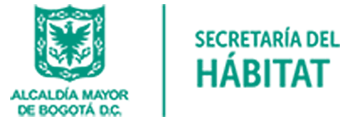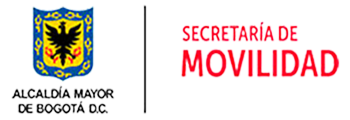The Agenda for A Digital and Ecological Future
DOI:
https://doi.org/10.5821/ctv.8749Keywords:
Ecology, Digitization, Open source, Tech for GoodAbstract
Ecology often criticizes the impacts of digitization considering it as a symbol of global acceleration and globalization of flows. Moreover, there is little doubt that digitization actors are rather moved by opportunities related to economic value creation than any consideration about their risks or impacts.
Based on these considerations, the convergence between the two sectors seems very difficult. However, the Internet New Generation Foundation (FING), a French think tank that defines its mission as concretely imagining a digitization with a future and focused on human capabilities, observed the following:
“The ecological transition is the horizon of our societies and the digital transition, the great transforming force of our time. The first knows her destination, but it is hard for her to draw her way; the second is our day to day; a permanent force of change but that does not pursue any specific collective objective. One has the objective, the other the way: these two transitions need each other!” With this idea, the project of an Agenda for a digital and ecological future* was born in 2015. It was published in March 2019, after 3 years of collaborative work, in association with ADEME or IDDRI among others. It is aimed at researchers, companies, organizations, public actors, media, etc., to disseminate their recommendations.
This Agenda seeks collaboration between digitization and ecology based on the conviction that digital transformation has no meaning, nor future, if it does not consider its own ecological footprint and does not mobilize to act against climate change and the other consequences of human activity. To achieve this convergence, it marks new paths or existing paths to be reviewed or promoted that are classified in 5 principles (which the agenda details in 20 challenges):
1. Technology does not provide solutions, but solutions can produce technologies.
To contribute to the ecological transition, digitization must participate in alternative models of development, other forms of production, exchange and consumption.
2. The transformative force of digitization will not be a result of calculations but of collective action.
Data are essential for many environmental actions, but only their open management and shared use that generate social interaction, will allow the mobilization of citizen groups and a transformative impact.
3. Collaborative digitization and democratic ecology are inseparable, although they are not yet fully aware of it.
Digital models have demonstrated their transformative force but their contribution to ecology is not obvious at all. The rapprochement between the actors of collaborative digitization, those of public and democratic innovation and ecological ones will generate a common culture of digital and environmental challenges thanks to shared learning.
4. Innovation can only play a positive role in the ecological transition if it focuses on both its impact and its economic model.
The innovation management system together with the institutions and financial devices that allow it, must control that innovation measures its environmental and social impacts and ensure that it really achieves its objectives in this matter.
5. Digitization and its industry must teach the way.
The digital industry must be green by design and lead the circular economy, proposing eco-responsible, repairable or recyclable products, with a longer life and lower resource consumption.
The challenges of the Agenda for a digital and ecological future mark the steps to achieve an innovative as well as frugal, democratic and trust builder digitization. There is no doubt that the ecological aptitude of this digitization is considerable. So, considering that the problem is worldwide, we consider the message of the Agenda has to be propagated and applied outside the limits of the hexagon.


